It really has happened! The European Union has a new Customs legislation in place. Some people said that it would never happen, but now it has – the Union Customs Code (UCC) is operational. I remember when we started talking about updating the legislation, to develop a new Customs act – and this is when I was still working in the top managment of Swedish Customs many years ago – so it is indeed really something to acknowledge and celebrate.
On May 1 the new European Union Customs Code entered into force. We have a liftoff!

It is naturally not an easy process to modernize, upgrade and re-write a piece of legislation for a Customs Union of 28 countries. After all we talk about a Customs Union covering a region with 500 million people and some of the largest trading nations on the planet.
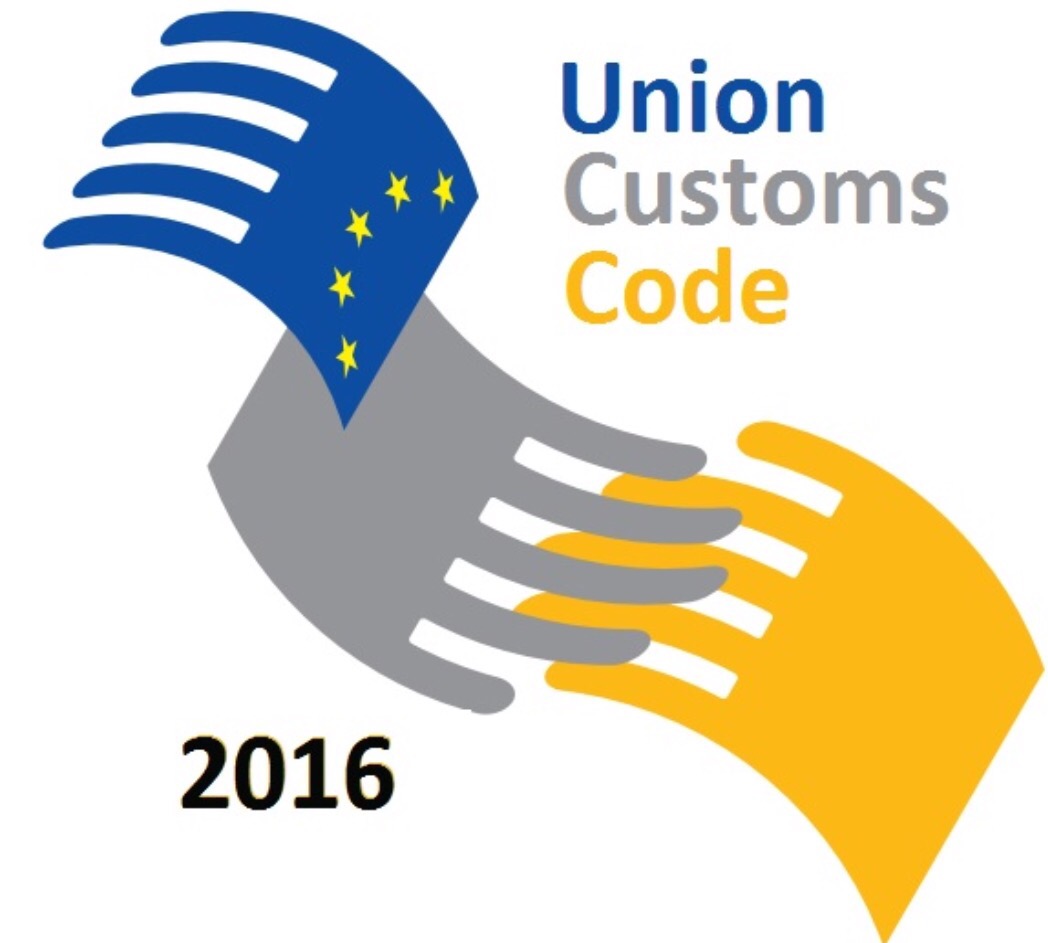
The Union Customs Code (UCC) is part ofthe modernization of customs and serves as the new framework regulation on the rules and procedures for customs throughout EU and is meant as a natural evolution towards a modern customs environment for which the results and benefits will be grasped only when it will be implemented in its full capacity by the end of 2020. In summary UCC will:
- Streamline customs legislation and procedures,
- Offer greater legal certainty and uniformity to businesses,
- Increase clarity for customs officials throughout the EU,
- Simplify customs rules and procedures and facilitate more efficient customs transactions in line with modern-day needs,
- Complete the shift by Customs to a paperless and fully electronic and interoperable environment,
- Reinforce swifter customs procedures for compliant and trustworthy economic operators (AEO)
The intention is not only to modernize the Customs legislation but also to enhance the competitiveness of European businesses and thereby advance the main goals of the EU strategy for growth and jobs. In addition, the changes envisaged by 2020 will protect the flow of goods transiting or moving in and out of the Union and safeguard the financial and economic interests of the Union and of the Member States as well as the safety and security requirements.
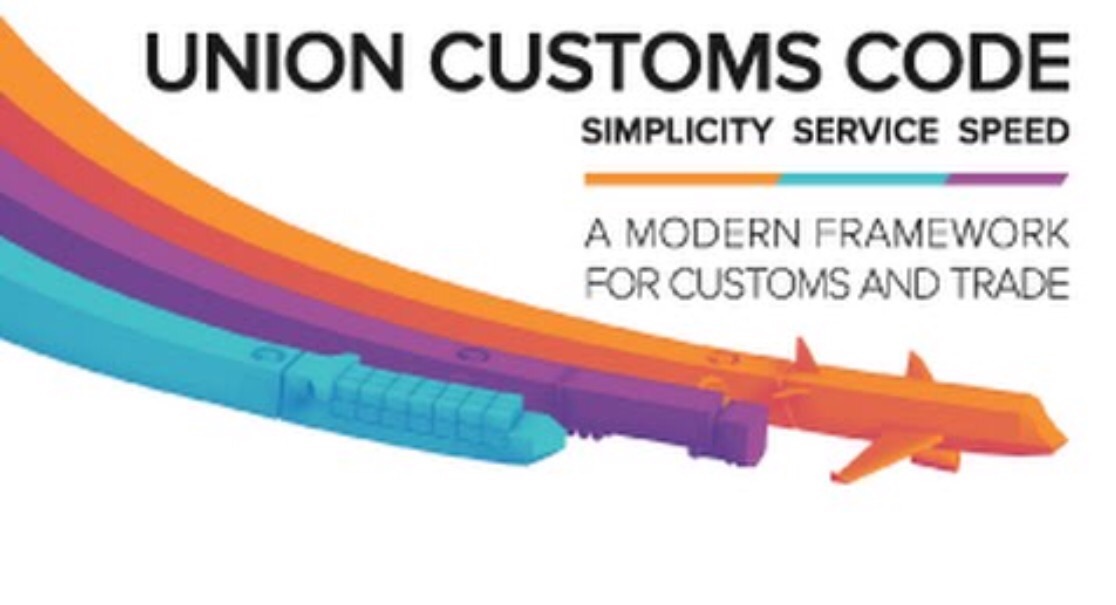
There will be a transition period before full implementation is achieved due to the fact that there is a need to develop new IT systems or upgrade existing ones in order to fully implement the legal requirements. This transition period lasts from May 1 2016 until 31 December 2020 at the latest.
I want to congratulate all the hard working Customs officers and legal experts – I know many of them personally – that have done an enourmous contribution to the Customs community and to world trade over the last decade to pave the way for this new legislation, to negotiate the content and changes, design and develop it, writing the actual texts and to implement this Customs Act. It is a milestone acheivement.
For the rest of us? It is time to start reading the Customs law, again….well, some of us does that all the time anyway.
Today I also got a chance to cruise the streets of Dubai and Abu Dhabi with Batmans car, the batmobile. Here with my co-driver, my longtime good friend Suoud Alagroobi.
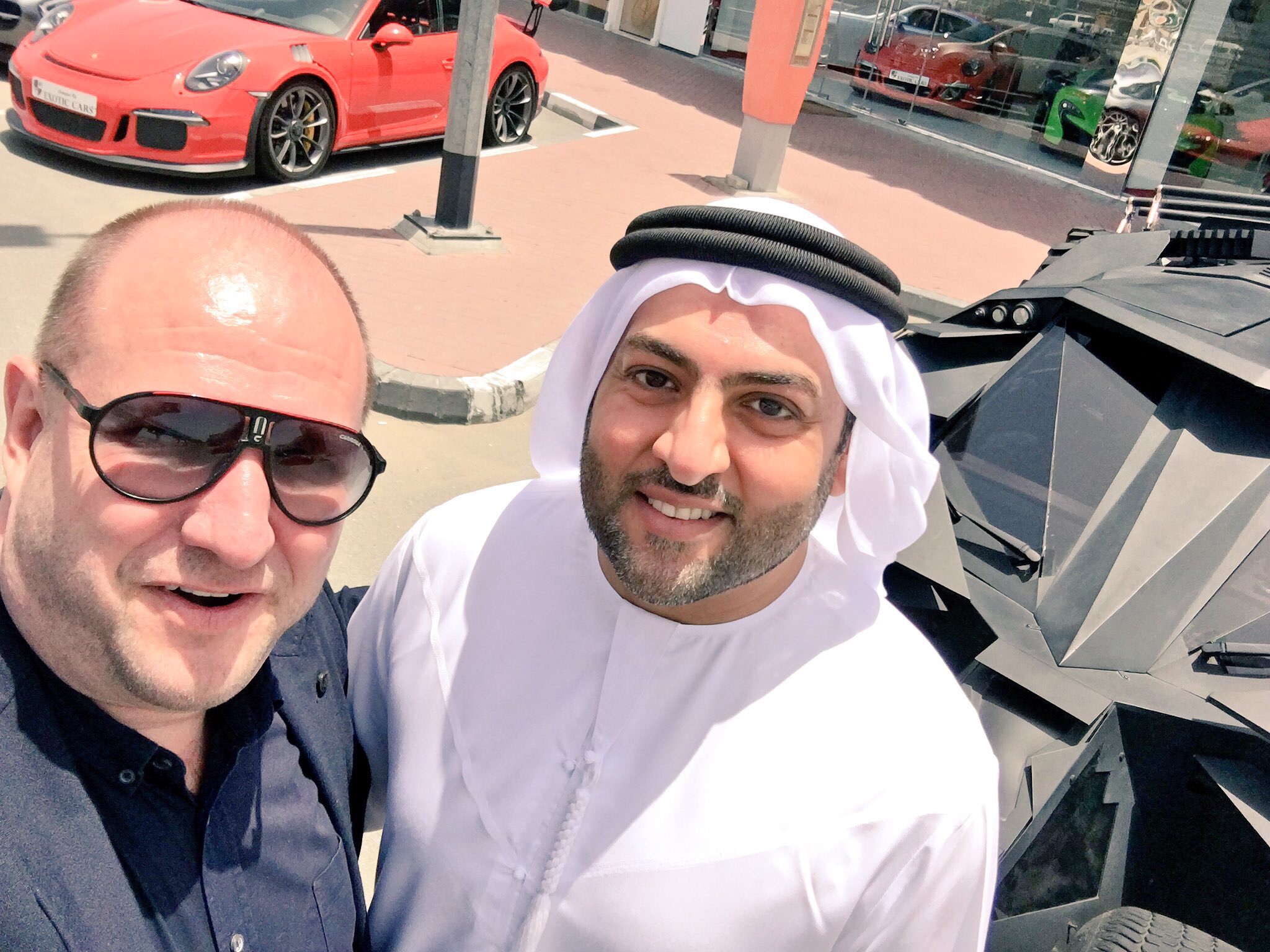
After having had coffee at the Bruce Wayne residence, Batman appeared and asked if we wanted to take a cruise drive in his famous car. We said naturally yes.

I asked if I could borrow the Batman suit, but it is only availble in slim-fit sizes so that was unfortunately not an option.
Welcome to the worlds largest hand-llomed carpet, the fastest roller-coaste, the highest high tea, the tower withvthe greatest lean, the most interesting Formula 1 racetrack, the largest cluster lf cultural buildings of the 21st century – UAE capital Abu Dhabi isn’t afraid to challenge the world records. It is an exciting city where nothing stands still.
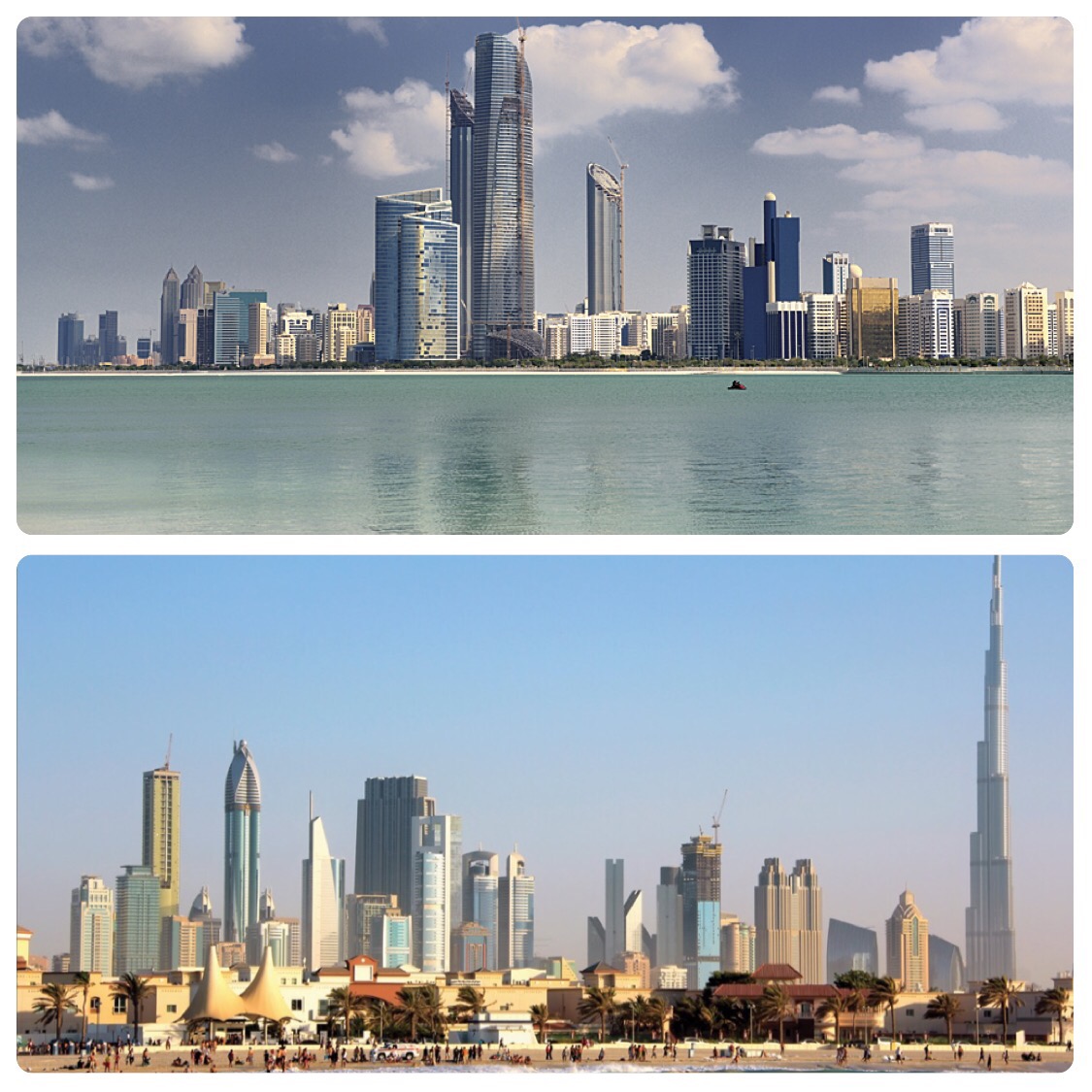
For those of you who have visited Dubai but not Abu Dhabi in the past, go to both cities next time. It is only a 1,5 hour car ride between on the straightest highway in the world.
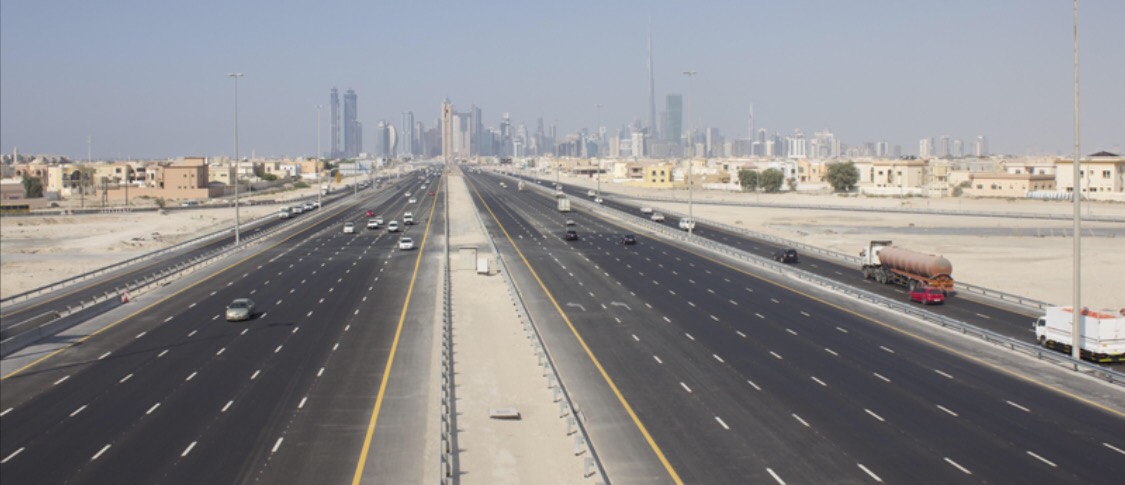
I can asure you that it is worth it to visit UAE. It is a fascinating country.






You must be logged in to post a comment.